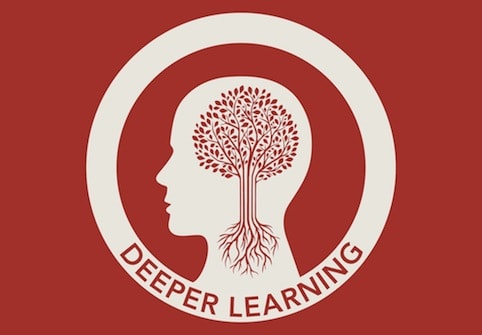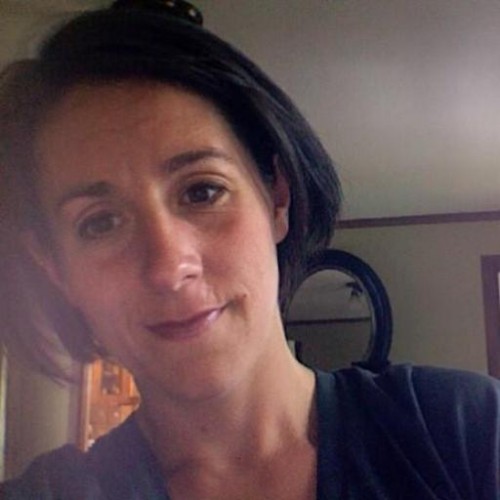Preview the Deeper Learning MOOC Now

This week educators, or basically any education stakeholder, can peek into what the Deeper Learning MOOC, starting in January, with two “mini” panel discussions hosted on Google Hangouts. If you missed the first discussion on Academic Mindsets on Moday, it’s already archived and there is still time for Tuning Protocol around Academic Mindsets today at 4:00 pm PT.
These two panels lay the groundwork and are the perfect way to establish the shared vocabulary allowing the MOOC participants to get the most out of the upcoming online learning experience. Guests on the Tuesday panel around academic mindsets included:
-
Rob Riordan, High Tech High – moderator
-
Eduardo Briceño, CEO of Mindset Works
-
Camille Farrington, Research Associate (Assistant Professor) at the University of Chicago, School of Social Service Administration (SSA)
-
Carissa Romero, Stanford University, Department of Psychology
This panel led a extremely insightful conversation on the importance of students having an adaptive/positive academic mindset as opposed to a fixed mindset and how essential it is in order for deeper learning learning to occur. The student’s academic mindset is basically the set of beliefs they hold around their ability to learn and do well in school. A growth mindset allows student to feel like they belong, feel like they can succeed and only then are they likely to develop and tap into the resilience, the intrapersonal skills and the study skills needed to learn most effectively.
How can teachers foster a growth mindset in students? First, every adult in the school fully needs to buy into that these mindsets are not only essential but malleable- they can be developed if a student doesn’t come to school equipped with the right mindset and the change will have direct effect on every student’s success. Carol Dweck has been doing the work on measuring the effect these mindsets have and her assessment tool is just one resource teachers can use to get started on measuring and changing student mindsets. It’s important to remember though that these types of assessments are meant to be done infrequently and not as a high stakes experience or else they can erode the type of mindsets teachers are working to establish. It is much better to have students use rubrics and self assess more frequently in order to set personal goals and foster their own growth as independent, lifelong learners.
The next step is building a school culture that feeds the growth mindset– a place to allow for productive struggle, where failure is not only accepted but understood as the only way we learn. School has to be the place where it is ok to try new things and to push yourself past your comfort zone. The adults in the school need to be united so that every student gets this consistent message. Still, teachers have to be careful to not be too explicit – it is not just about telling students “how” to think. The best teachers honor students “where they are” and let students come to conclusions on their own.
For students to approach school with a real growth mindset, the message to them needs to be clear: it is smart to ask questions, failure is not only ok, but valued and shared because it’s the only way to learn. The goal is NOT get everything right, but to struggle and deeply understand the concept.
A growth mindset is the absolute necessary ingredient for Deeper Learning. This discussion has just heightened our appetite for everything there is to master by participating in the full Deeper Learning MOOC. The Getting Smart team is fully invested in Deeper Learning. To read more, check out our full list of Deeper Learning posts and stay tuned because we are looking forward to publishing our series of Deeper Learning school profiles. In the mean time, we can’t wait to dive even deeper this January with the highly anticipated new Deeper Learning MOOC (#DLMOOC).




0 Comments
Leave a Comment
Your email address will not be published. All fields are required.